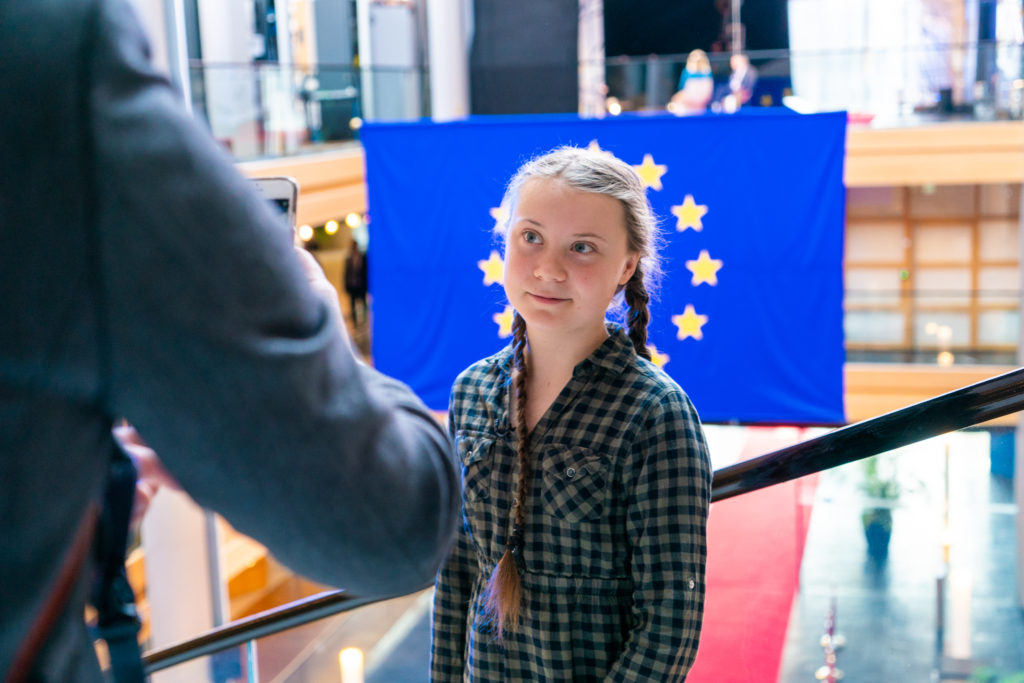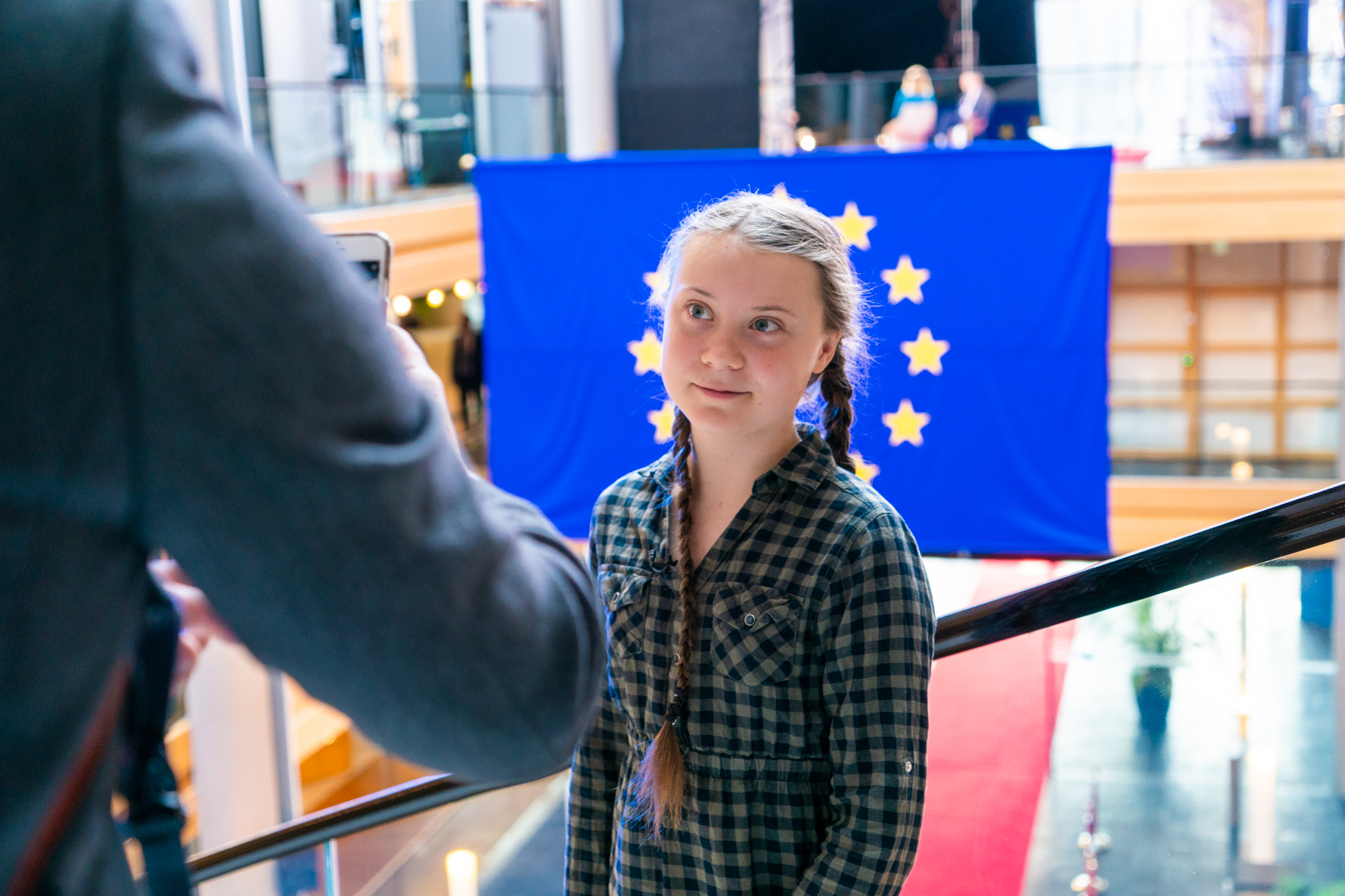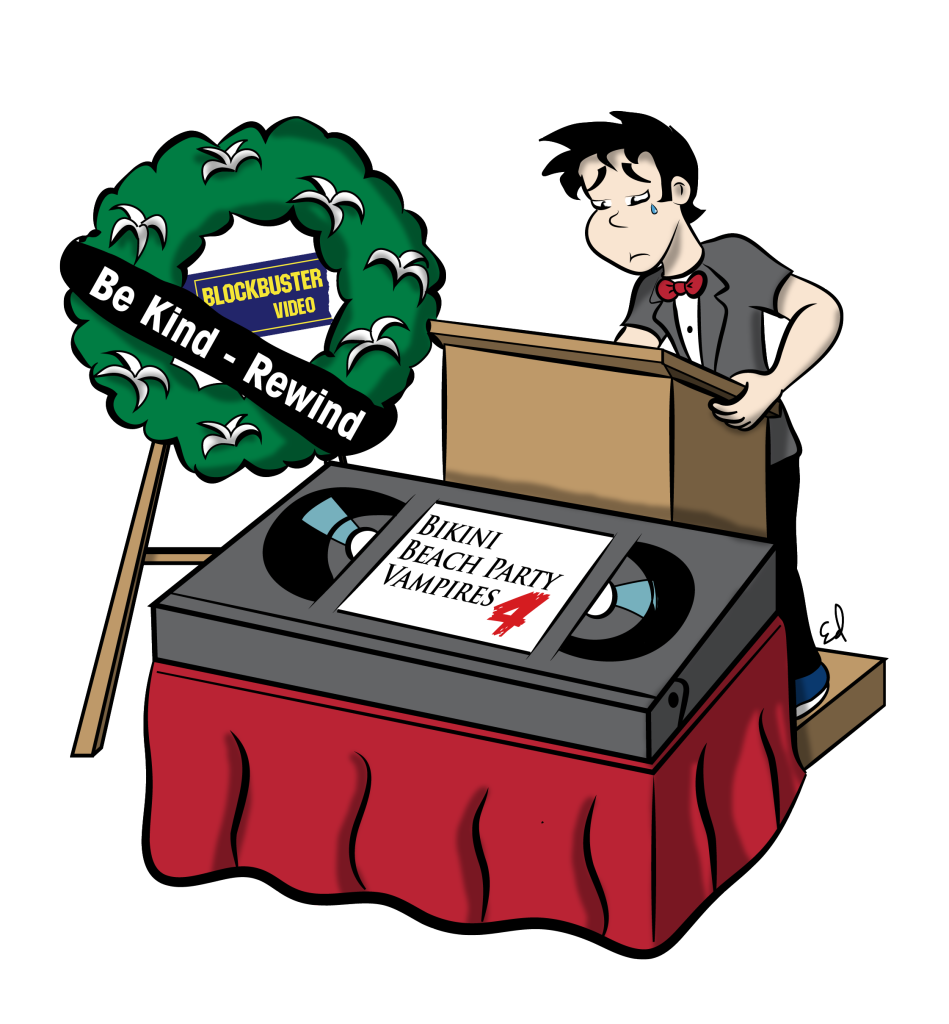
Why Greta is a poor spokesperson for climate change
By Tonya Smith, Contributor
Our world is changing. We’ve moved past the point of awareness campaigns; now is the time to act. Now, more than ever, do we need strong and knowledgeable leaders to push us to action. We need leaders who fully comprehend issues so that they can easily lay any arguments to rest in short order. We need scientists, specifically climate-change scientists, to be the face of the movement—not 16-year-olds.
I have nothing against Greta Thunberg’s enthusiasm—only the position which she’s found herself thrust into. Why is a 16-year-old giving speeches to the top decision-makers in the world? Do we really expect them to take a teenager’s words at face value? If two people were to stop you randomly on a street and criticize you—not that you would want to listen to either—but would you be more likely to listen to the juvenile or the adult?
While not a perfect parallel, it does illustrate the logic. It’s ageist, sure, but with good reason in this case. What perspective does a teenager have on world issues? Is Thunberg even aware of history enough to put climate change in context? If she were to be questioned on the Medieval Warm Period or the Little Ice Age, would she even know what they were and the specifics of each era? Can she answer why CO2 levels typically follow not lead temperature increases? Can she answer why the Antarctic as of 2015 was actually taking .23mm away from sea level rise; and why NASA’s corresponding report was in direct contradiction to the IPCC’s which claimed that the continent was losing ice? What would be her response to the argument that extreme weather events (tornadoes, hurricanes, etc.) have shown a pattern of decline over the last few decades (e.g., 2018 recorded zero violent tornadoes according to the Washington Post).
The answer, of course, is that she doesn’t know. There’s nothing wrong with her not knowing; after all, she’s a 16-year-old who hasn’t even finished school—how could she know? She’s not a scientist. She’s a teenage activist.
If we want lawmakers to take notice of the cause, we have to be putting our best foot forward. Put our experts at the forefront—not our flashiest faces. Yes, a teen advocating for change is a powerful image, but it’s not the strongest one. Why do we need to use emotion to win the debate? Why do we rely on people being impacted by the fact it’s a youth speaking—instead of the cold, hard facts available to us?
Why do programs constantly feature personalities like Bill Nye (a non-scientist) and Neil deGrasse Tyson (an astrophysicist) to explain climate change instead of real climate-change experts? Prime Minister Justin Trudeau met with Thunberg on the issue recently…but wouldn’t you rather have had someone with decades of research calmly outlining how Trudeau is a failure rather than a kid with passion? It’s hard to believe Trudeau left that conversation with anything more than a, “Well, that told me nothing new.”
There is a growing movement that is denouncing just how much of a role fossil fuels play in climate change and we need to combat that. The petition of over 31,000 scientists against the belief of human-caused global warming may only have had 9,000 PHD names attached to it, but that’s significant enough that we need to be more factual in our communications. If there’s data on the other side that suggests the opposite of our own thoughts, we need to fight it with facts not emotion.
We need to stop presenting easy targets. We need to stop giving the other side obvious holes to poke.
Garret Graves, a Louisiana Congressman, recently questioned Thunberg: “If you were sailing across the ocean and you’re picking up trash along the way, and for every one piece of trash that you pick up there is a boat right next to you dumping out five pieces. How would that make you feel?”
Her response was that, “If you use that logic, then I am also dumping a lot of trash in the ocean. And then I would stop dumping my trash in the ocean and tell the other boat to stop dumping their trash in the ocean as well.”
And the world applauded her reply? It’s not that we shouldn’t stop “dumping trash” ourselves, but she appears to have missed the point of the question. The US’s “boat” has been continually picking up its own trash…but the other “boat” (China) has been making more boats to dump more trash. Based on statistics from the Global Carbon Project 2018, the US’s rate of change since 1992 is a 1.8 percent increase in CO2 emissions. That’s a 1.8 percent increase in CO2 emissions in the last 27 years. China has increased by 270.3 percent. The US was the world leader in 2006 for CO2 emissions but has declined every year since then…with China pushing its “lead” simultaneously. The other major culprit, India, has increased by 253 percent since 1992.
It’s pretty obvious that just telling the other boat to “stop dumping their trash in the ocean as well” hasn’t been working. We need to be putting more pressure on the other nations of the world to pick up the slack—not criticizing the ones who are making an effort and are irritated with the inaction of China. It’s important for everyone to chip in, but to give some further perspective, if you took the next 10 countries after India and added them up, you still wouldn’t exceed China’s CO2 emissions. China produces almost a third of manmade CO2 emissions, which is almost double what the US produces… and they’ve been in decline for the last 13 years. Thunberg may not be aware of these facts, but her detractors are; they berate her for it on the daily.
Stop giving easy targets. Stop making climate-change celebrities to be our spokespeople. Stop climate change with facts, not feelings.



